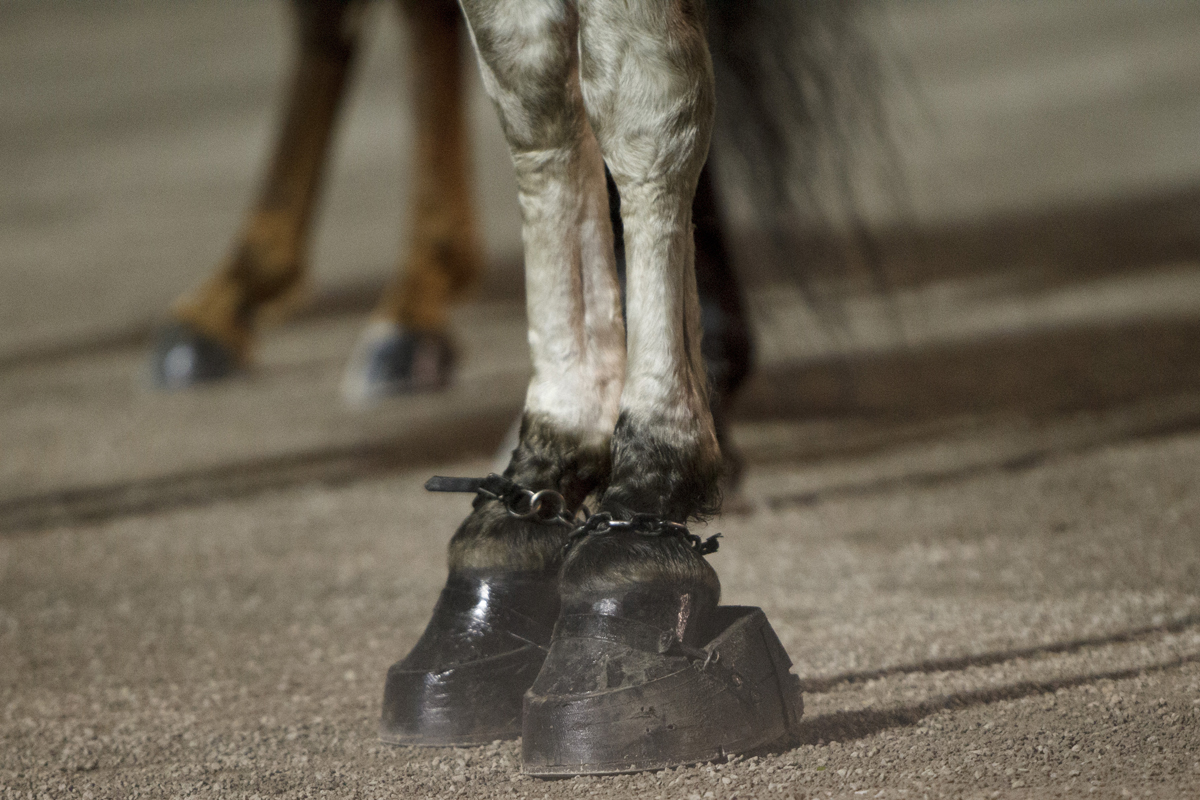Jan 28
2021
Omnibus Law Includes Restrictions For Horse Racing, Slaughter and Soring

U.S. federal law now includes critical protections for horses, including measures to stop the drugging of racehorses and provide increased track safety, keep horse slaughter plants in the United States shuttered, and boost funding to stop the cruel soring of Tennessee walking horses and related breeds.
Racehorses: The law includes the Horseracing Integrity and Safety Act (S. 4547/H.R. 1754), to address the doping of racehorses and require that the tracks they run on be safe. The law will establish an independent, national authority that contracts with the United States Anti-Doping Agency to oversee drug enforcement. It will put in place uniform and rigorous rules, testing and penalties to address the abuse of pain-masking and performance-enhancing drugs that are key contributing factors to frequent fatalities on American racetracks.
According to the Humane Society, at least eight horses on average died at racetracks each week during the 2019 racing season. The new law will create a committee tasked with mandating enhanced racetrack safety protocols to protect both racehorses and jockeys.
Horse slaughter: The law ensures that no taxpayer money will be allocated to fund U.S. Department of Agriculture inspections of horse slaughter plants, ensuring that they cannot reopen. This provision is necessary to stop the return of the predatory horse slaughter industry in the United States and it has been in place for all but two years since 2005. A majority of Americans—80%—agree that horse slaughter for human consumption is an inherently cruel practice that should be permanently banned. This is also a food safety issue: American horses are not fit for human consumption because they are not raised under the regulatory restrictions required for animals raised for food. Horses in this country routinely receive drugs and medications that are specifically banned by the U.S. Food and Drug Administration for use in food animals due to their toxicity to humans.
Horse soring: The law doubles the FY 2020 funding level for USDA enforcement of the Horse Protection Act to more than $2 million to address the “soring” of Tennessee walking horses and related breeds. Soring is the intentional infliction of pain on the horses’ hooves and legs to get them to perform a pain-based and artificial high-stepping gait for the show ring called the “big lick.”